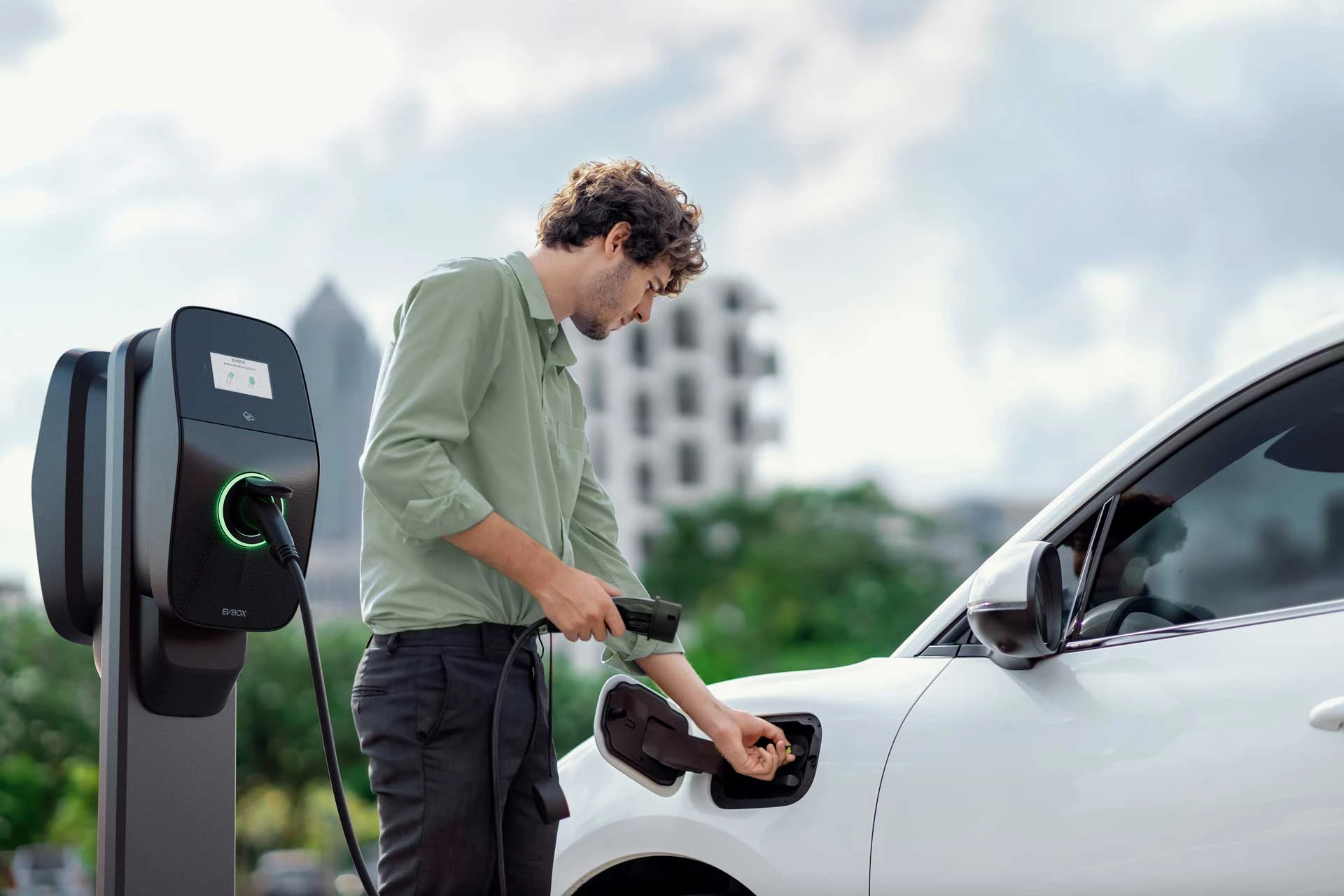With the UK government’s plan to ban the sale of new petrol and diesel vehicles by 2035, electric vehicles (EVs) are becoming the future of transport. As EV ownership grows rapidly across the country, car chargers in the UK have become essential infrastructure — not only for public use but also for homes and businesses. Whether you're considering buying an EV or already own one, understanding the types, costs, and availability of car chargers is crucial.
This guide explores everything you need to know about car chargers in the UK, including installation, charging types, government grants, and more.
The Rise of Electric Vehicles in the UK
The shift towards electric vehicles has accelerated due to increasing environmental awareness, government regulations, and advances in EV technology. As of 2025, there are over 1 million electric cars on UK roads, and this number is expected to double in the next five years.
To support this growth, the UK has invested in a growing EV charging network that includes rapid charging points at service stations, shopping centres, workplaces, and thousands of residential homes.
Types of Car Chargers in the UK
Car chargers vary in speed and compatibility. Here are the main types available:
1. Slow Chargers (3kW)
-
Typically use a standard 3-pin plug
-
Charging time: 8–12 hours
-
Ideal for overnight home charging or plug-in hybrid vehicles
2. Fast Chargers (7kW to 22kW)
-
Most common for home and workplace installations
-
Charging time: 3–6 hours for a full charge (depending on battery size)
-
Requires a dedicated wallbox and connection to your home’s electrical system
3. Rapid and Ultra-Rapid Chargers (50kW to 350kW)
-
Found in public charging stations like motorway services
-
Charging time: 20–60 minutes for 80% charge
-
Compatible with most fully electric vehicles (but not hybrids)
Fast and rapid charging options are more suitable for modern EVs, especially for drivers who travel long distances or cannot charge at home.
Home Car Charger Installation in the UK
Installing a home EV charger is the most convenient and cost-effective way to charge your electric vehicle. Most people opt for a 7kW wallbox, which offers a good balance between speed and energy consumption.
Installation Process:
-
Conduct a property assessment
-
Choose a charger model (tethered or untethered)
-
Hire a certified installer (often OZEV-approved)
-
Installation takes around 2–4 hours
Cost:
-
Standard installation: £800 – £1,200
-
With a government grant (see below), you could save up to £350
Government Grants for Car Chargers
The UK government has supported EV adoption with various grant schemes. As of 2025:
1. EV Chargepoint Grant (Homeowners & Renters)
-
Up to £350 off the cost of installing a home EV charger
-
Available to flat owners and renters who have access to off-street parking
2. Workplace Charging Scheme
-
Helps businesses cover the cost of installing up to 40 charging sockets
-
Offers £350 per socket
These grants are administered through the Office for Zero Emission Vehicles (OZEV). Installers must be approved under the scheme to claim the grant on your behalf.
Public Charging Networks in the UK
The UK boasts one of the most extensive EV charging networks in Europe. As of mid-2025, there are over 60,000 public charging points across the country, including thousands of rapid chargers.
Popular charging networks include:
-
Pod Point
-
BP Pulse
-
Instavolt
-
Gridserve
-
Tesla Supercharger Network (open to all EVs in many locations)
Most networks offer contactless payment, mobile apps, or subscription models. Apps like Zap-Map and Bonnet help drivers locate and pay for nearby chargers in real time.
Charging Costs
Costs vary based on location, speed, and provider:
-
Home Charging: 10–30p per kWh (depending on your energy tariff)
-
Public Fast Charging: 40–60p per kWh
-
Rapid Charging: 70p – £1.00 per kWh (or higher at ultra-rapid points)
To save on costs, many EV owners opt for EV-specific electricity tariffs from providers like Octopus Energy or OVO, which offer lower off-peak rates for overnight charging.
The Future of Car Charging in the UK
With net zero targets and growing EV adoption, the UK’s charging infrastructure will continue to expand. The government aims to install 300,000 public charge points by 2030, making EV charging as convenient as filling up at a petrol station today.
Additionally, smart chargers, solar-powered charging, and vehicle-to-grid (V2G) technologies are transforming the way we think about energy and transport.
Final Thoughts
As the UK moves toward a greener future, car chargers are becoming essential to everyday life. Whether you’re a homeowner installing your first charger or a business looking to support EV-driving employees, understanding your options helps you make informed, cost-effective decisions.
By investing in quality infrastructure today, you’ll be ready for the electric future — reducing emissions, saving money, and keeping your vehicle powered wherever you go.



